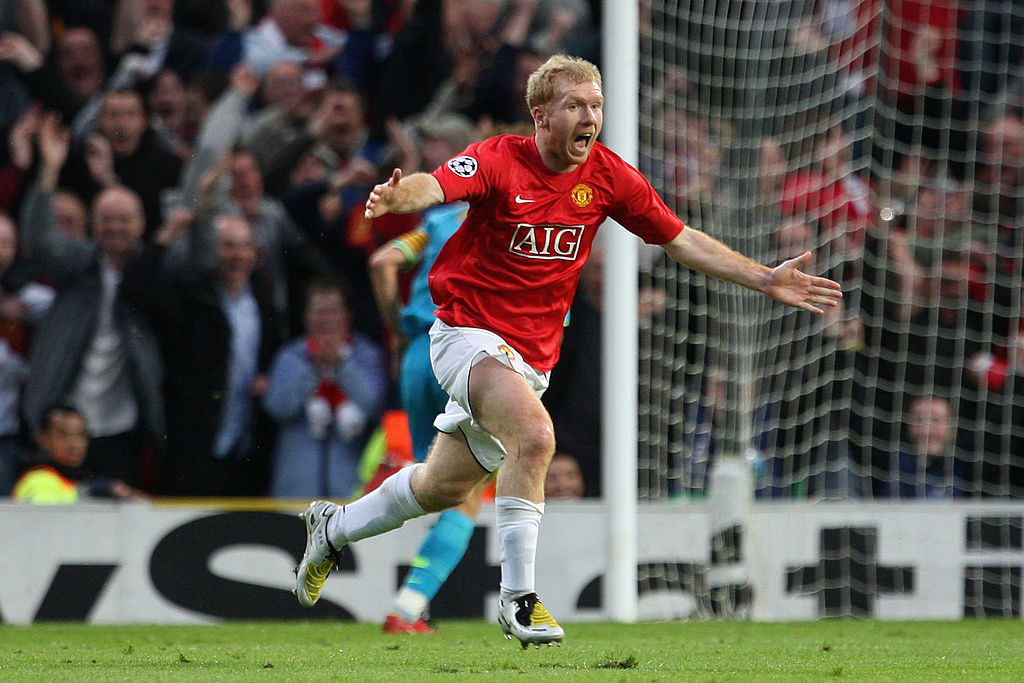
Manchester United may live to regret the two legs of their Champions League quarter-final with Barcelona being reversed if the history books are anything to go by.
United were drawn against the five-times winners in the last eight and were originally supposed to play the second leg at Old Trafford after visiting the Camp Nou first.
But as Manchester City, who have a higher UEFA ranking, were also drawn at home second against Tottenham, United’s tie was switched and they must now host Barcelona first.
And that could be a problem for Ole Gunnar Solskjaer’s side as it has been shown to be an advantage to play the second leg on your own ground.
Since the Champions League adopted its current format in 2003/04, 62 per cent of teams advancing from the quarter-finals were at home in the second leg.
United have taken advantage of the Old Trafford factor on three out of the four occasions they have played the second leg of last-eight ties there.

Barcelona beat United in the 2011 Champions League final.
In 2006/07 they overturned a first-leg deficit against Roma by thumping the Italians 7-1, while the following season they were able to get the job done against the same opponents after bringing back a slender lead.
In 2010/11, they protected a 1-0 first-leg win at Chelsea with a 2-1 success at Old Trafford.
The only time they have been at home second in this round and not qualified was in the 2009/10 season when they lost on away goals to Bayern Munich, despite winning in front of their home fans.
Solskjaer’s men will be channelling the last round, when they beat Paris Saint-Germain despite a first-leg defeat at home, and also the 2008/09 season when they advanced past Porto despite having to play there in the second match.
To make matters worse, Barca have a formidable record in quarter-finals when they play the second leg at the Camp Nou.
They have progressed six out of seven times, with the defeat to Juventus in 2016/17 their only blemish.
United’s potential suffering is City’s gain, though they have progressed in just one of their previous two quarter-finals, against PSG in 2016/17.
Tottenham will be hoping their brilliant new stadium will help give them a significant first-leg advantage to take to City as they try to buck the trend.
Their only previous quarter-final ended in a comprehensive defeat to Real Madrid, having had to play the second leg at the Bernabeu.
Liverpool are also away in their second leg against Porto, but they will fancy their chances of going against the grain.
Both in 2005 and 2018 on their way to the Champions League final they progressed through the quarter-finals despite playing their first leg at home.

Paul Scholes scored the only goal when the two sides met in the last four of the 2008 tournament.
They got the better of Juventus after a 2-1 win at Anfield in the first game while a 3-0 hammering of Manchester City was enough to see them through last season.
The overall record in all knockout rounds – the round of 16, the quarter-finals and the semi-finals – strengthens the theory that it is an advantage to be at home in the second leg, with 63 per cent of the winners having had that luxury.
That is, of course, weighted by the fact that in the round of 16, teams who top the group are ensured a second leg at home against a second-placed opponent from another group.
Therefore, in theory, stronger teams play at home last and would be expected to advance – and more than 70 per cent have done so.
The semi-finals provide an interesting exception to the overall trend, with only 37 per cent of teams with a second leg at home progressing.